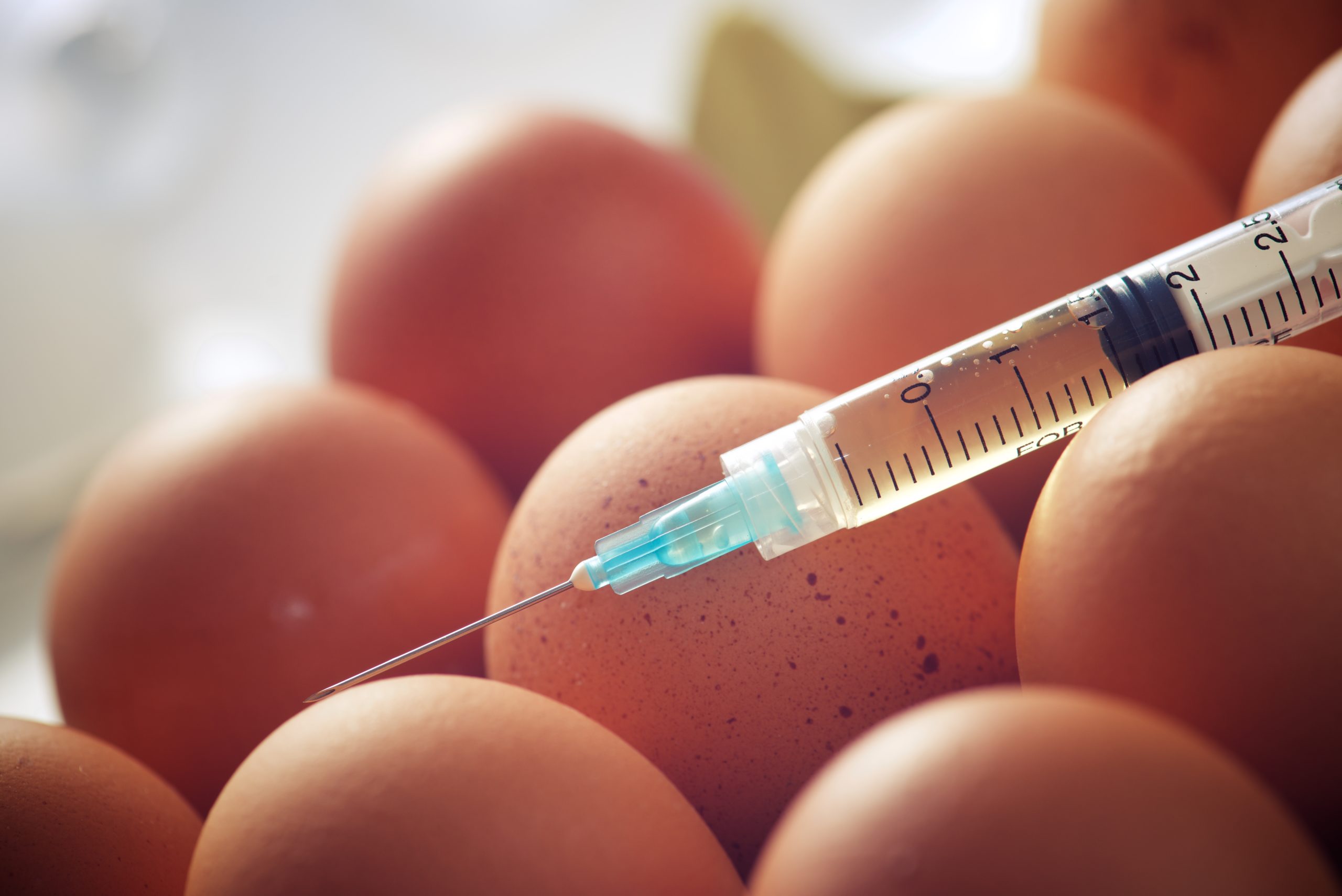While the food industry relies heavily on added hormones to increase the growth of livestock and milk production, health professionals are urging people to be wary of these practices. While these added hormones increase the size and output of animals, they can have adverse effects when consumed by humans.
What the Expert Says:
According to Traci Pettigrew, acupuncture physician and owner of Gainesville Holistic Healthcare, using injections and implants in cows and genetically engineering salmon produces higher levels of growth and sex hormones in those animals. These added hormones found in beef and dairy products have been linked to higher rates of breast, prostate and other cancers, she added.
“Additionally, sex hormones in dairy products are linked to early onset puberty in both males and females,” Pettigrew said.
The most common hormones injected into cows, include synthetic estrogens and testosterone. Recombinant bovine growth hormone (rBGH) increases the amount of milk dairy cows produce.
The best way to rid yourself of these hormones and their possible side effects is to cut out dairy altogether, but Pettigrew said that isn’t always the easiest route.
“If you can’t give up dairy, go with organic hormone-free sources,” she added.
She said to stay away from fat free or low-fat dairy products because they typically contain chemical additives and remove healthy fats — the one benefit — from the product.
Additionally, dairy products can create inflammation in the body, which is another good reason to cut back or eliminate them altogether, Pettigrew said.
Hormone-treated meat has long been suspected of contributing to early puberty in children, but has not been proven. Experts say it’s hard to study the effects of these hormones because they are already naturally present in our bodies and our food, and the effects could be subtle and take years to show up.
Besides dairy, Pettigrew said people should try and buy wild-caught salmon rather than farmed. Farmed salmon does not give you the benefits that you are craving when eating salmon. In regards to beef, she said look for antibiotic-free and hormone-free sources.
What the FDA Says:
According to the U.S. Food and Drug Administration (FDA), recent scientific research has demonstrated that the use of antibiotics in food-producing animals, which leads to antibiotic resistance, does impact human health. Animals raised on organic-farms are given no antibiotics or growth hormones, must be fed organic feed and be given access to the outside. Farmers can use vaccines on the animals, however, when antibiotics must be used to treat an animal, that animal must be clearly identified and can no longer be sold as “organic.”
The FDA said avoiding the use of antibiotics helps prevent antibiotic-resistant bacteria, which is best for human health
in the long run.
The European Union (EU) has banned all use of hormones in beef, and Japan, Canada, Australia and New Zealand have banned rBGH.
According to a paper published in the U.S. National Library of Medicine, National Institutes of Health, during the last couple of years, there has been evidence that certain hormones in dairy products, such as estrogens and insulin-like growth factor-1, have initiated or caused breast, prostate and endometrial tumors.
Special concern should be paid to the effects of these hormones, which may occur during certain and sensitive time points, including perinatal and pubertal periods, the paper continued.
Needless to say, there are dangers with ingesting these hormones in large amounts, but more research must be done to determine its impact on overall human health.

